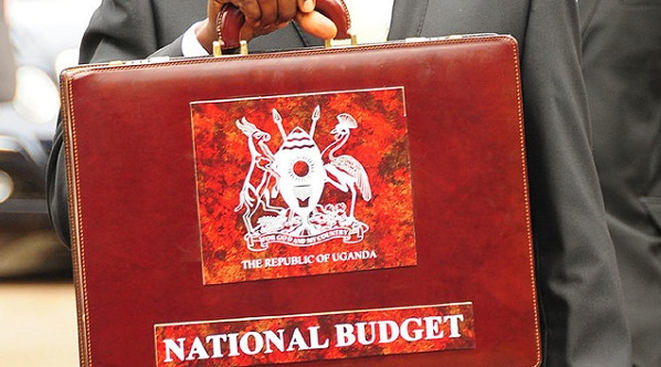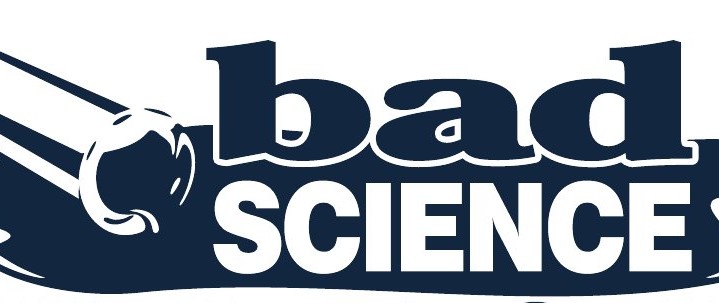
I am writing this on a Wednesday evening. Tomorrow the Minister of Finance will read the budget for financial year 2020/21. I don’t envy his task, especially after his famous expression last year that the economy was on a ‘pheeew (meaning taking off)! Even before the covid-19 pandemic broke out, tax collections were tanking and economic activity seemed to be stalling. Before the financial year was done, the top honchos at the tax body were out and a new set of ‘wizards’ was in. We don’t know if it had to do with the poor tax collections or some other mysterious hand. You still wouldn’t want to be the tax collector in the post lock down era. Anyway, by the time you read this, the Minister will have read his budget. So I can only wish that some of these proposals will have been incorporated in his statement.
I see three areas that the Minister should address in terms of policy. These can be broken down into monetary interventions, fiscal interventions and real sector interventions. On the side of monetary interventions, the Ministry of Finance must work hand in hand with Bank of Uganda to make private sector credit more affordable and available. In a word, bring interest rates down. Businesses will need to access cheaper and more patient resources in order to rebuild in the post lockdown era, especially in the area of value addition for export and import substitution as this is very important for the creation of new jobs that are sorely needed.
However, the biggest impact that the Minister can make would be in terms of fiscal interventions. The Minster must undertake an expenditure review for the financial year 2019/20, and determine the savings in that budget that accrued from several activities for which funds had been allocated but were not spent. Such activities included travel abroad, seminars, and such other fun things very important people (VVIPs) like to do. These savings must be reallocated to funding the 2020/21 budget. This would also afford the Minister an opportunity to cut taxes like VAT to about say 14%, raise the threshold for PAYE to Ugx say 470,000 and reduce Corporation tax rates for local businesses to 25%, while also paying up all domestic arrears. In addition the Minster should order the expediting of VAT refunds to help businesses that are struggling with working capital. The objective of these measures would be to stimulate demand and provide an incentive for increased investment by businesses. Without creation of a stimulus for businesses, recession will be inevitable. In addition, the Minister could announce a drive to renegotiate all foreign loans to more concessionary terms, especially where debt has been used for infrastructure and technical assistance.
In terms of the real economy, some sectors are going to be extremely hard hit. These have been the bedrock of some of our more significant foreign exchange earnings. Their recovery will require a direct stimulus injection. These include tourism, education and health. Apart from providing a tax holiday, some of them will need serious hand holding to stay in business. The difficulty here is always the administrative nightmare associated with such well-intentioned activities – to choose winners and losers. During the lockdown, we also identified a group of people known as ‘vulnerable’. The Minster could be more savvy and provide direct payments to these people using scientific methods like mobile money based on data analytics as opposed to giving them posho and beans. This way you create more demand.
For all of this to be even remotely achievable, the Minister should by now have put in place a multi sectoral Economic Stimulus Task Force to steer the process of recovery. Maybe it is still in the making, but what I do know is that the task cannot be solved by his Ministry on its own. We need all hands on deck! But then again, I am not him so what do I know?.
Samuel Sejjaaka is Country Team Leader at Mat Abacus Business School Twitter @samuelsejjaaka



